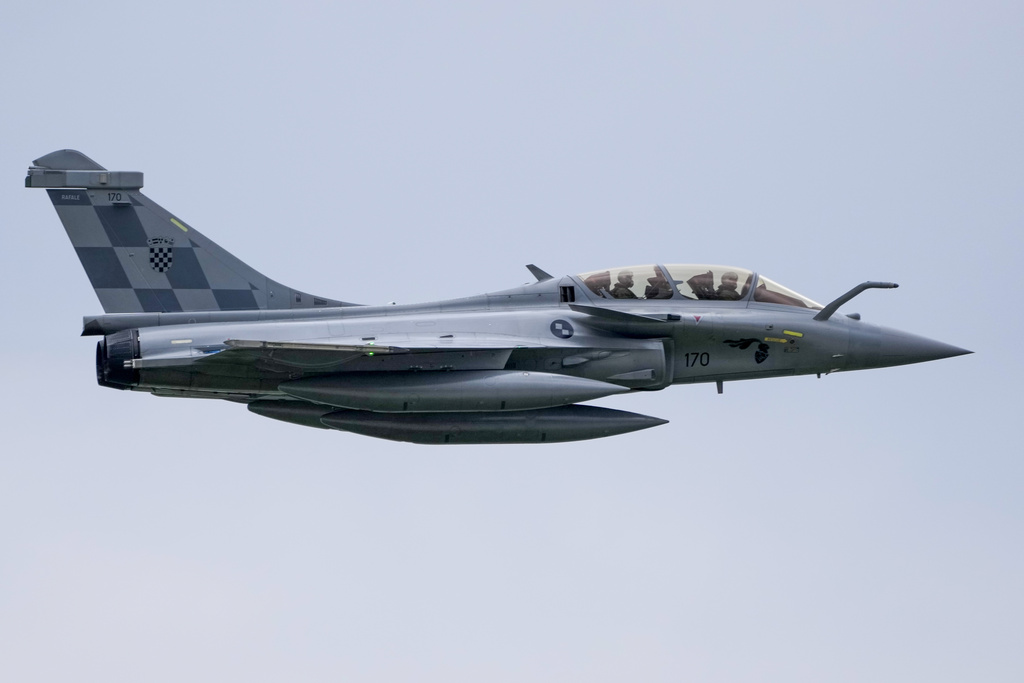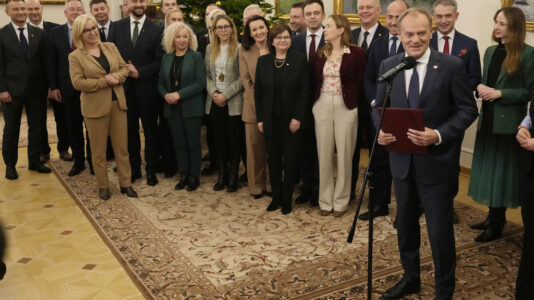The first six of the 12 Rafale multi-role fighter jets for which Zagreb signed a contract with France two years and five months ago have arrived in Croatia.
In May 2021, the Croatian government decided to purchase 12 second-hand Dassault Rafale F3R fighter jets worth €1.13 billion: 10 single-seat and two two-seat fighters.
The selected multi-role aircraft belong to the latest generation of the fighter jet family and are among the best in the world, said then Prime Minister Andrej Plenkovic, noting that this will provide the country with a capability that will increase the combat power of the Croatian Army several times over the next 30 to 40 years.
The fighter jets took off from Bordeaux airport in the morning with Croatian pilots on board, who had previously undergone several months of training in France.
Before they entered Croatian airspace, the pilots sent a message to all Croatian citizens.
“We are about to enter Croatian airspace, which will be even safer from today. The Croatian Rafale and Croatian pilots have arrived home,” the Croatian Ministry of Defense said in a statement.
The landing of the planes was accompanied by a military ceremony at Pleso airport near Zagreb. The reception was attended by the entire state administration. Two more fighter jets are due to arrive in Croatia by the end of this year, with the remaining four expected by the end of the first quarter of 2025.
Croatia’s only fighter squadron consisted of eight supersonic MiG-21 BIS fighters and four UM training aircraft, which underwent a general overhaul. The overhaul of the aircraft was accompanied by a major scandal: In March 2016, the Croatian military prosecutor’s office opened an investigation into a series of faults in the operation of the aircraft.
The investigation revealed that Ukraine had sold non-original MiG-21 fighter jets to Croatia, instead assembled from parts purchased from other countries. The serial numbers of the purchased aircraft were overwritten, and the serial numbers of the parts did not match the ones in the documentation.
Only a few of them flew for years, and they spent only a minimum amount of time in the air. However, from 2023 onwards, these planes could no longer take off because their technical validity had expired. During this time, Italy and Hungary were responsible for protecting Croatia’s airspace.






